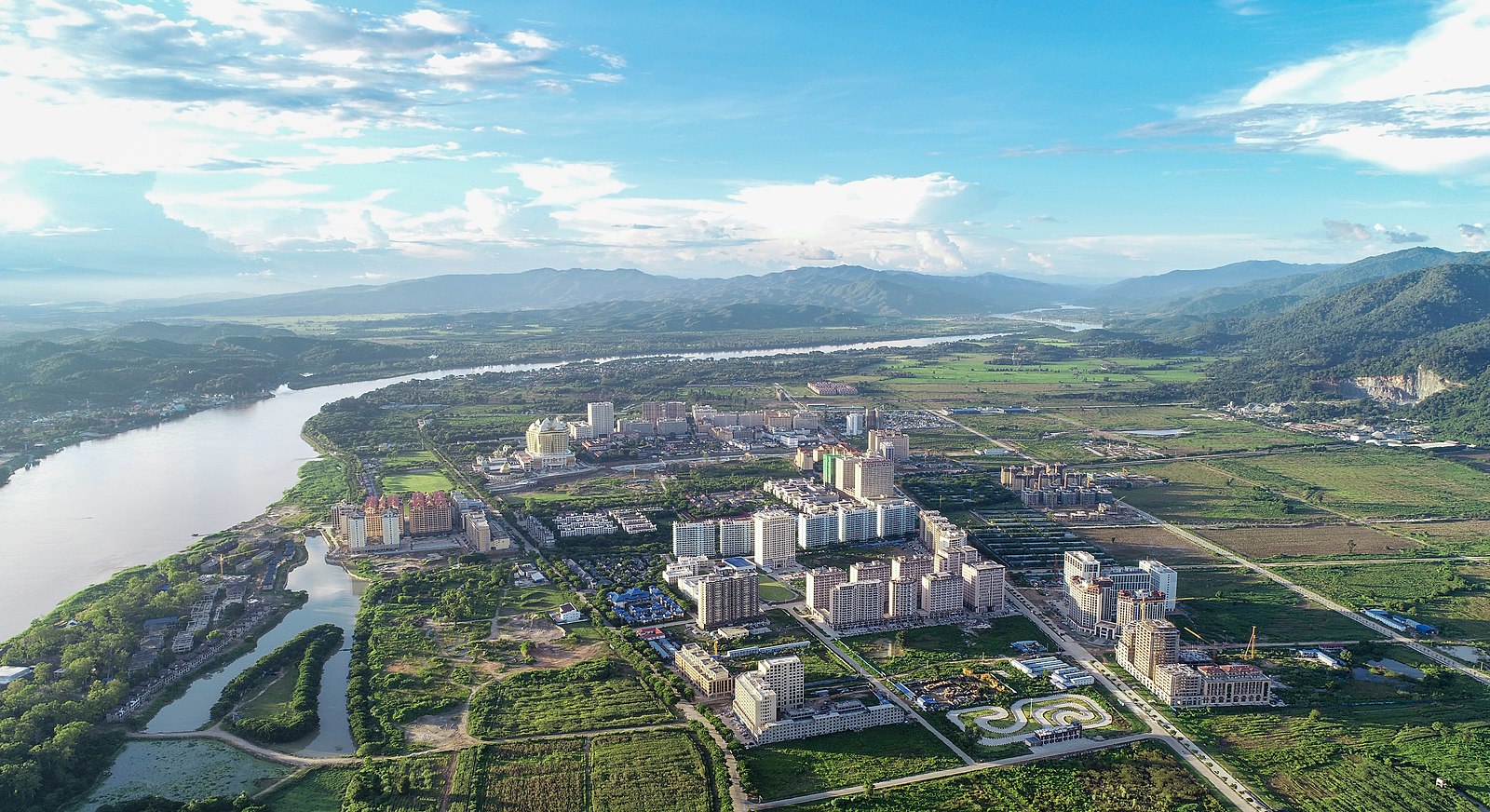The governments in the Mekong region (including Cambodia, Laos, Myanmar, Thailand, and Vietnam), relevant United Nations agencies, the ASEAN Intergovernmental Commission on Human Rights, donor communities, development agencies, and private sector actors must take effective steps to address serious deficiencies in the policies and legal framework governing economic development in Special Economic Zones (SEZ), urged civil society actors at an online meeting organized by the International Commission of Jurists (ICJ), EarthRights International, and the Land Watch Thai on 19 July 2022.
Action was needed to improve transparency, protect human rights, particularly of workers and community residents, and prevent and remediate adverse effects of such development on the environment.
Twenty-four lawyers, members of civil society organizations and researchers from Cambodia, Lao PDR, Myanmar, Thailand and Vietnam, attended the meeting.
The objectives of the meeting were to strengthen a network of civil society groups across these five countries, to exchange information relating to human rights violations and abuses that occur as a result of SEZs, as well as recommendations to help protect human rights in the context of their further development.
Human rights challenges that participants of the meeting identified include:
- Abuses of the Rights to Adequate Housing and Livelihoods. There were reports of large-scale evictions for SEZ developments, sometimes with little or no notice. Certain plots of land acquired for industrial activities as part of some SEZs had reportedly become unsuitable for such activities and other uses. The government or zone developers frequently violated the customary, collective, or traditional tenure rights of affected communities. There was inadequate compensation and insufficient support from developers and governments, which has left displaced individuals from affected communities to struggle to access livelihoods, face increased levels of debt, and even become homeless.
- Detrimental Impact on the Environment: Environmental degradation experienced by nearby communities included: air pollution from factories; drought induced by water scarcity; illegal disposal of industrial waste resulting in both land and water contamination; wastewater flowing from industrial areas into local canals and residential areas; and destruction of ecosystems and wildlife habitat as a result of the SEZs’ constructions and operations. Requirements for environmental impact assessments were often deliberately avoided and circumvented, while in many instances when they were conducted, they were carried out haphazardly, without public disclosure, and with limited meaningful participation of the affected communities.
- Labour Rights Abuses. Key reported concerns included: inadequate minimum wages to ensure a decent living; underpayment of wages; forced overtime; restricting holidays; denying the right to maternity leave; dismissing pregnant workers; harsh labour conditions; and safety issues. Slavery-like labour practices, including forced labour and human trafficking, were reported in some instances. Union members reported being unable to organize freely and facing discrimination regarding hiring or any term or condition of employment, intimidation, dismissal, violence, and judicial harassment due to their union membership and involvement.
- Failure to Ensure Transparency, Consultation and Accountability. Persons affected by the SEZs were not afforded genuine opportunities to make or challenge decisions made about project plans or future livelihood and living arrangements. Where meetings between SEZ officials and residents occurred, it was rare that decisions or plans were altered in response to residents’ input. SEZ management and oversight bodies are usually composed of representatives from governmental institutions and/or the business sector. Without any consultation, they are granted broad powers, while they are given no specific duty to consult regularly with affected communities to seek their input.
This discussion provided the foundation for the regional advocacy note, enumerating human rights concerns in the context of SEZs across the region and specific recommendations to different stakeholders involved in helping the Mekong countries set up SEZs.
Download
The advocacy notes are available in:
Further reading
Special Economic Zones in Myanmar and the State Duty to Protect Human Rights
Contact
Sanhawan Srisod, Associate International Legal Adviser, ICJ Asia Pacific Programme; e: Sanhawan.srisod(a)icj.org

